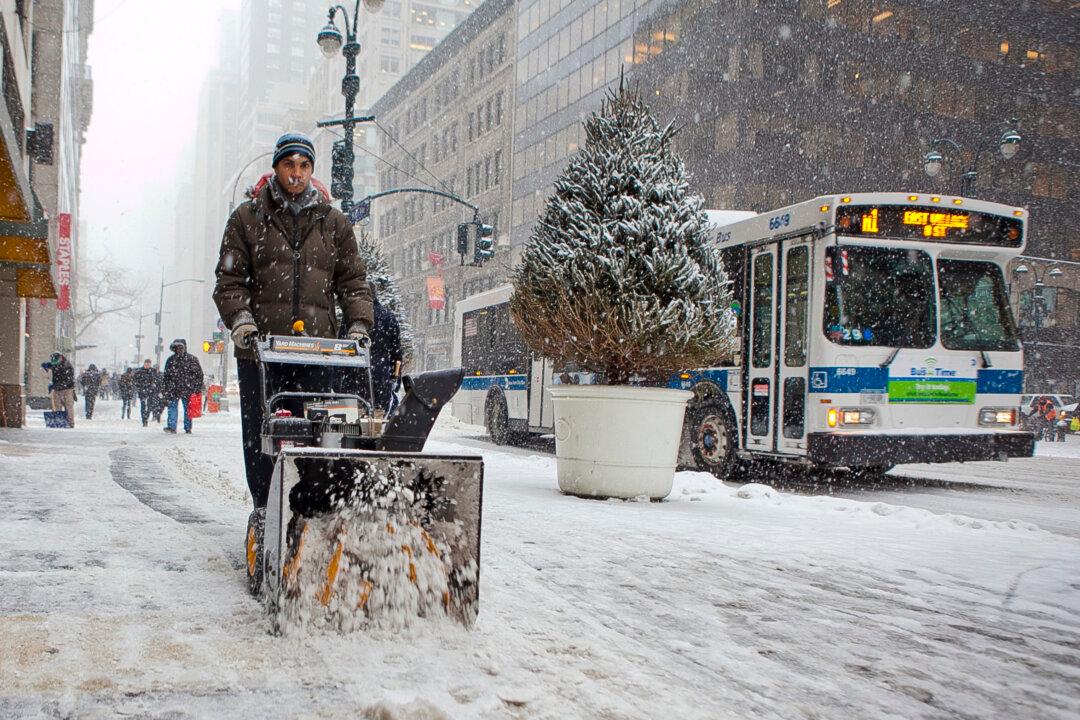It’s hard to miss the irony: the same people who have called for an end to Broken Windows-style policing in New York City now blast cops for engaging in a work slowdown. According to the New York Post, the NYPD essentially stopped writing tickets for minor offenses in the week following the Dec. 20 assassination of officers Rafael Ramos and Wenjian Liu. A New York Times editorial called the slowdown a “public act of extortion” and called on the leaders of the Patrolmen’s Benevolent Association to abandon it. “Do your jobs,” the Times said. “The police are sworn public servants and refusing to work violates their oath to serve and protect.”
Perhaps the Times should first resolve for itself what the cops’ job is. In a July 2014 editorial titled “BROKEN WINDOWS, BROKEN LIVES,” the Times called for “a serious discussion of the future” of Broken Windows, which, it said, has “pointlessly burdened thousands of young people, most of them black and Hispanic, with criminal records.”
The Times and other critics have never understood Broken Windows and how it brought crime down in New York, Los Angeles, and other cities. Some claim—falsely—that no study has shown it to be effective in reducing crime. They said that crime was going down anyway in the 1990s, due to the booming economy and the waning of the crack epidemic. The NYPD, on this view, simply rode that wave, and the crime reductions that we associate with Broken Windows were merely coincident with the strategy, not the result of it. “Correlation does not imply causation,” they intone, but anyone who lived in New York City in the late 1980s and early 1990s—criminals especially—can testify to the changed attitudes of the NYPD during that period and the resultant effect on civic life. Correlation may not imply causation, but it doesn’t rule it out, either.
Any reluctance now by police to enforce against quality-of-life offenses such as public urination, solicitation, and subway-fare jumping—whether the result of anger at Mayor de Blasio or concern about the threats coming in against the department—is a detriment to the city. If it persists, it would mark a glaring contrast with the practices of the last 20 years, during which the NYPD trained a new type of cop, one who aggressively acts to stop crime for the benefit of all—including the 54 million tourists that now visit the city each year.




